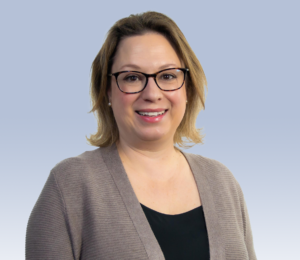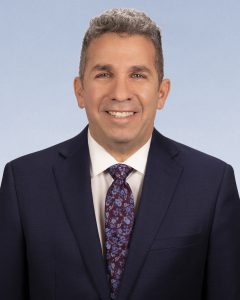Large Firm Service. Small Firm Attention.

SHARE
The Community Spouse Resource Allowance for Medicaid
Published December 21, 2015
When seniors need long-term care in a skilled nursing facility, the cost can be significant, and many people rely on Medicaid to pay for it. However, Medicaid has income and asset limits, so applicants often must spend down their assets before they can be eligible. When a married person receives Medicaid benefits for long-term care, such as in a nursing home, Medicaid law provides certain protections so that the healthy spouse has the resources necessary to continue to live in the community.

The institutional individual resources cannot exceed $14,850.
The community spouse resource allowance (CSRA) is an amount that the healthy spouse is allowed to retain. While a nursing home resident’s eligibility for Medicaid is subject to asset limits, the community spouse may keep one-half of the couple’s total countable assets without a hearing or court order. In New York State for 2015, the CSRA is a minimum of $74,820 and a maximum of $119,220. This is also the federal maximum.
Generally, the applicant spouse’s income counts against the Medicaid limits, but the community spouse does not have to make contributions to the cost of care. However, in cases where the community spouse’s income is not enough to live on, a minimum monthly maintenance needs allowance (MMMNA) is set. If the community spouse’s income falls below this amount ($2,980.50 per month in New York, also the federal maximum) then the difference comes from the income of the nursing home spouse.
The Centers for Medicare and Medicaid Services (CMS) recently announced that there will be no change in the federal CSRA amount or the MMMNA amount for 2016, because the consumer price index for workers (CPI-W) did not increase in 2015.
Learn more about our services by visiting www.littmankrooks.com or www.elderlawnewyork.com.
Was this article of interest to you? If so, please LIKE our Facebook Page by clicking here.
Categories
Recent Posts
Explore In-Depth

Corporate & Securities

Elder Law & Estate Planning

Special Needs Planning

Special Education Advocacy


















